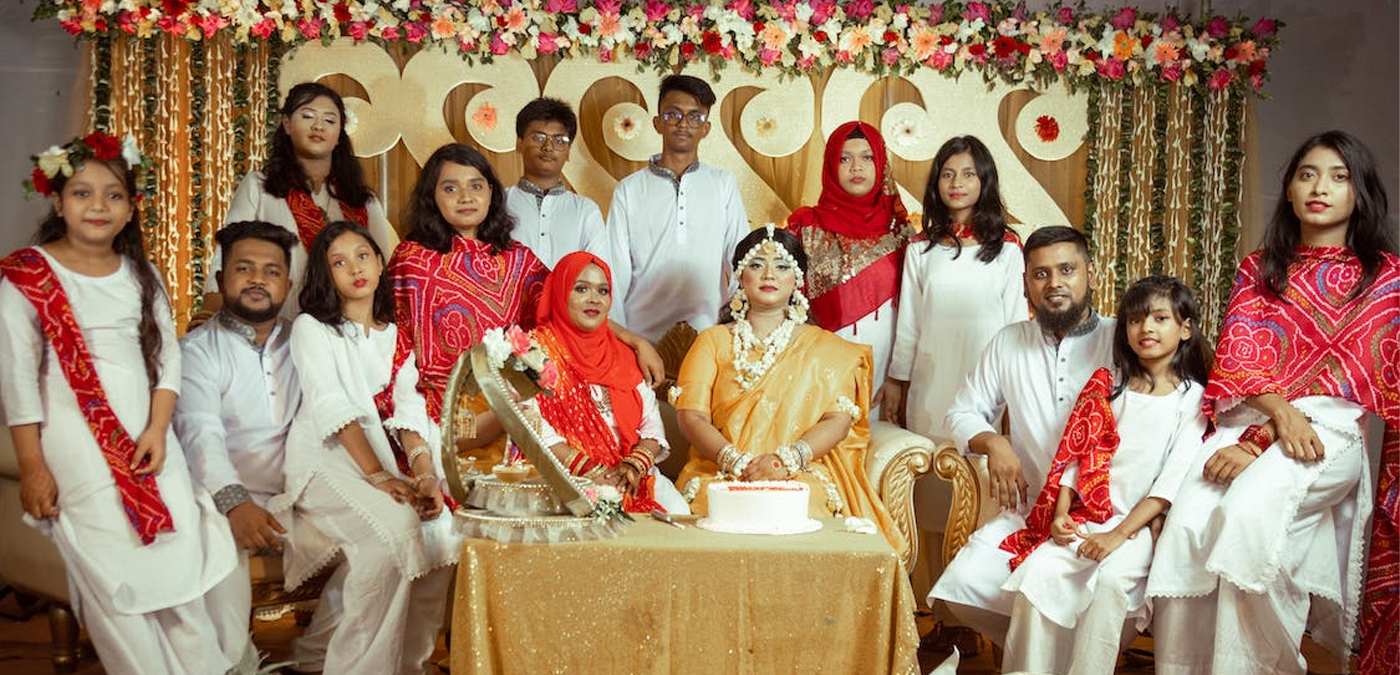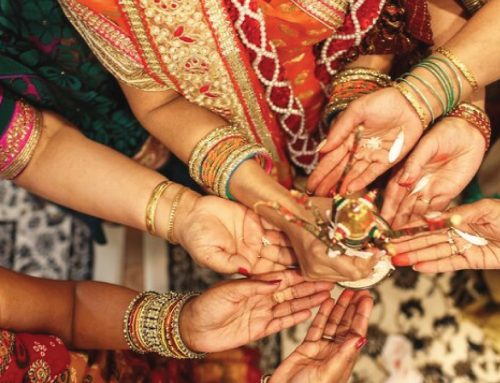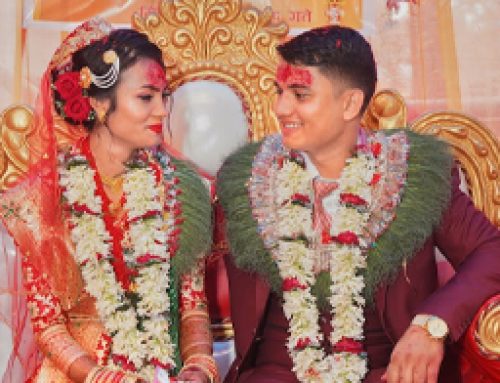Indian Muslim Wedding Traditions and Rituals
Indian Muslim weddings, also known as Islamic weddings or Nikah, are rich in traditions and customs that reflect the cultural diversity of India while adhering to Islamic principles. These weddings are a blend of religious rituals, family traditions, and celebratory events. Let’s explore the various traditions and customs that are commonly observed in Indian Muslim weddings:

Pre-Wedding Rituals:
- Istikhara: Before the wedding, the couple and their families often seek divine guidance through the Istikhara prayer. It is performed to seek Allah’s blessings and guidance for a successful and harmonious marriage.
- Engagement: The engagement ceremony, known as Mangni or Nishan, is an informal agreement between the families of the bride and groom. It may involve the exchange of rings or other gifts as a symbol of their commitment to each other.
- Mehndi: The Mehndi ceremony is similar to other cultural weddings and involves the application of henna designs on the bride’s hands and feet. It is a joyful occasion where family members and friends come together to celebrate with music, dance, and Mehndi application.
Nikah Ceremony:
- Mahr: The Nikah ceremony begins with the Mahr, which is the bride’s dowry or gift from the groom. The Mahr is an essential component of the Islamic marriage contract and is agreed upon by the couple before the wedding. It symbolizes the groom’s financial responsibility and commitment to the bride.
- Consent: The Nikah ceremony takes place in the presence of witnesses and an Islamic scholar or the Qazi. The bride’s consent is obtained, and the terms of the marriage contract are discussed and agreed upon by the couple.
- Sermon and Recitation: The Qazi delivers a sermon on the importance of marriage and the responsibilities of the couple. Verses from the Quran are recited, emphasizing the sanctity and significance of marriage in Islam.
- Ijab-e-Qubul: The marriage contract is formalized through the exchange of vows between the bride and groom. The groom’s representative, often the father or a close male relative, performs the Ijab (proposal), and the bride’s representative accepts the proposal (Qubul) on her behalf.
- Mehr: The Mahr, or the agreed-upon gift, is given by the groom to the bride as a symbol of his commitment and financial support. It can be in the form of money, jewelry, property, or any other valuable asset.
- Prayers and Blessings: The Nikah ceremony concludes with prayers for the couple’s well-being, happiness, and a harmonious married life. The guests shower their blessings on the newlywed couple.
Walima:
The Walima is a reception held by the groom’s family after the Nikah. It is a grand celebration where friends, family, and community members come together to celebrate the union of the couple. It is an occasion of feasting, dancing, and rejoicing.
Cultural Traditions:
Indian Muslim weddings also incorporate regional and cultural traditions that vary across different communities and states. These traditions can include:
- Baraat: The groom’s procession, known as the Baraat, is a significant part of Indian Muslim weddings. The groom, accompanied by his family and friends, arrives at the wedding venue in a procession, often accompanied by music, dancing, and jubilation.
- Nikaahnama: The Nikaahnama is the marriage contract that is signed by the couple and their witnesses. It is a legal document that validates the marriage in accordance with Islamic law and the laws of the country.
- Mehfil-e-Sama: In some Muslim communities, Mehfil-e-Sama is organized, where devotional music and poetry are performed, and religious hymns are sung to celebrate the wedding.
- Traditional Attire: The bride typically wears a traditional wedding outfit, such as a lehenga or a sharara, adorned with intricate embroidery and jewelry. The groom wears a traditional sherwani or a suit.
Indian Muslim weddings are a beautiful blend of religious customs and cultural traditions. They are a testament to the diversity and unity of India’s Muslim communities, while upholding the principles and values of Islam. These weddings are not only a celebration of love and union but also an opportunity to strengthen familial and community bonds.
Perfect Venue For Indian Muslim Weddings in Melbourne
Seasons5 offers a vibrant atmosphere and Indian wedding venues along with dedicated staff to help you on your big day. Nestled in the lush greenery of Point Cook, we’ve got luxurious accommodations too. Our grand ballroom, gazebo, private lake, and outdoor venues make a perfect location for your muslim wedding ceremony.
Crafted with local and fresh ingredients, our Cinnamon Bay Restaurant offers delicious meals for wedding celebrations. You can also enjoy our day spa to relax and rejuvenate. Feel free to call us on 03 8376 5300 or drop an email at contact@seasons5.com for more information.







